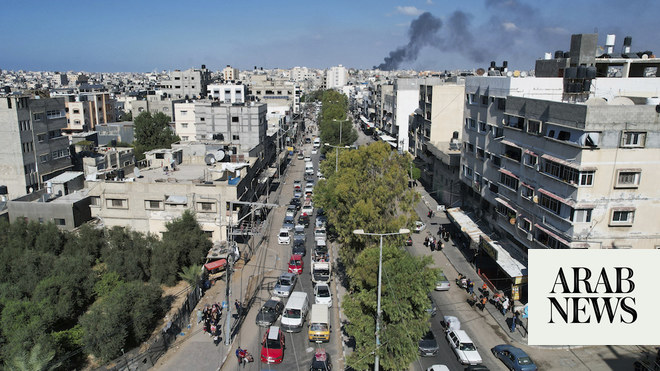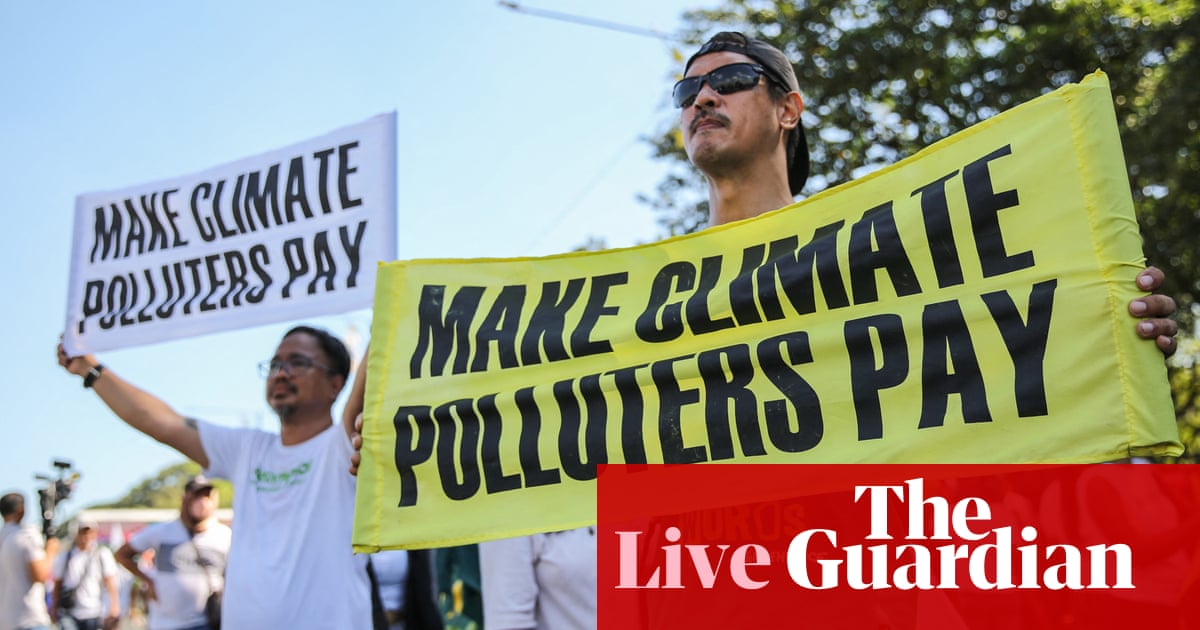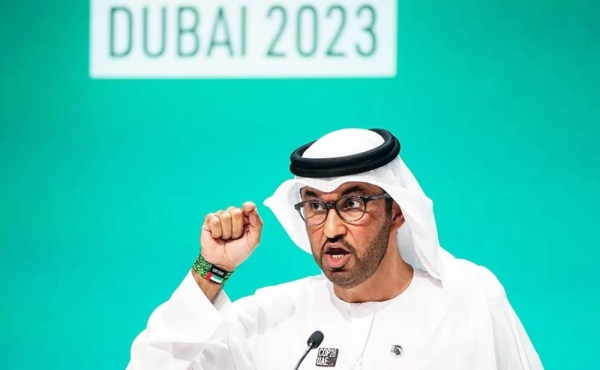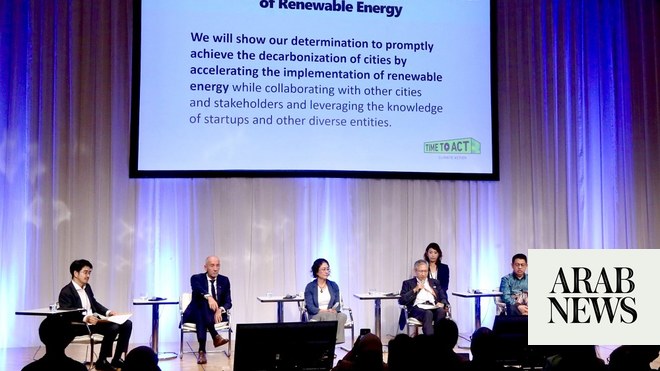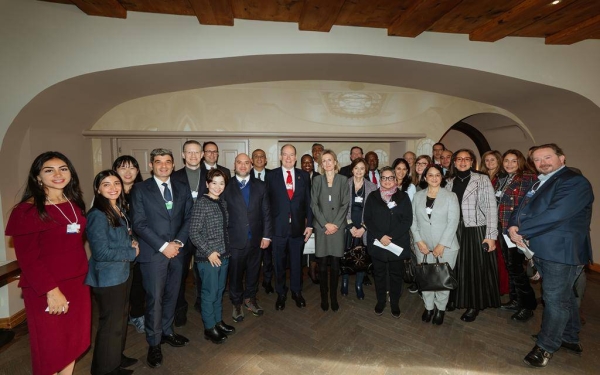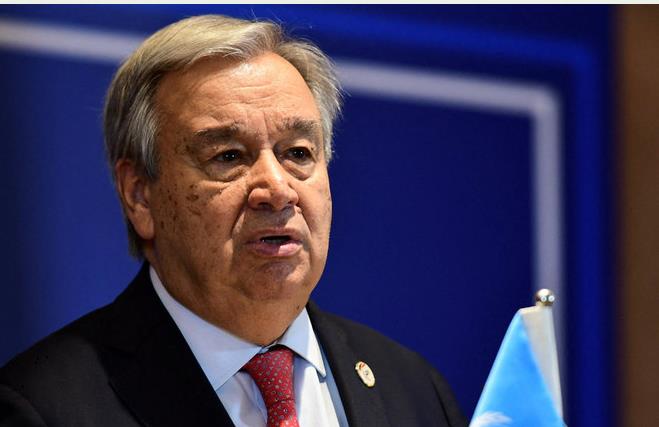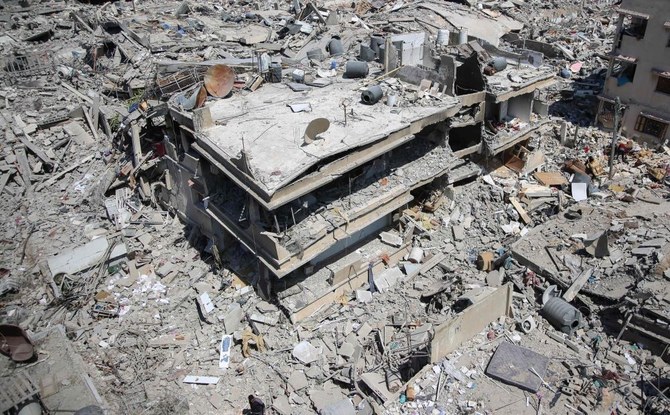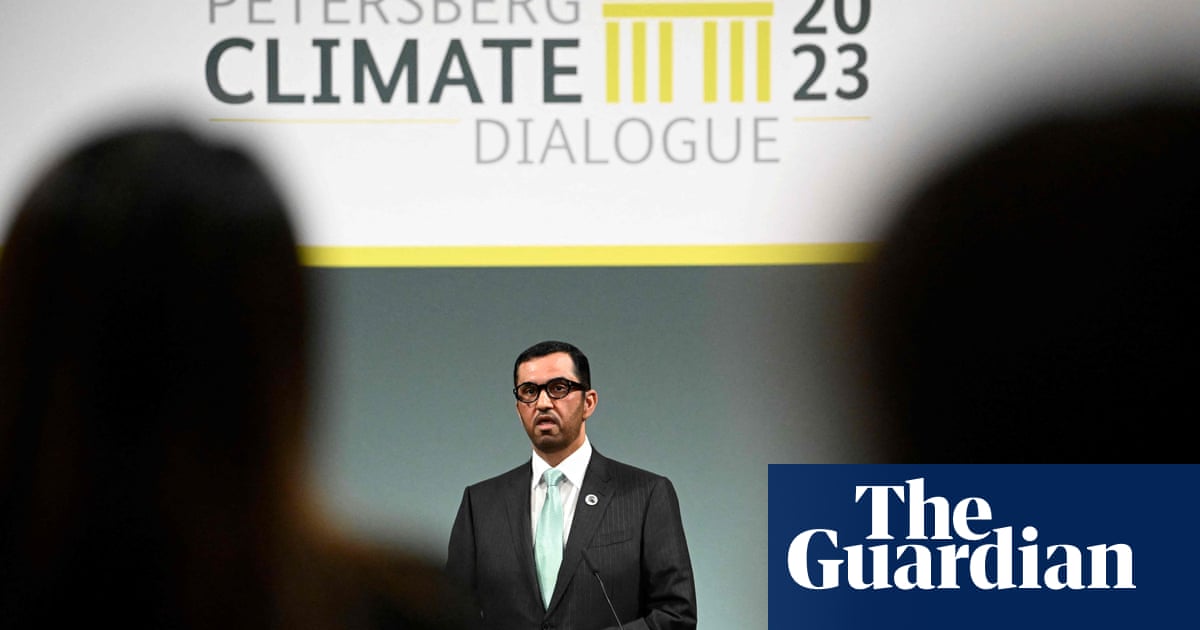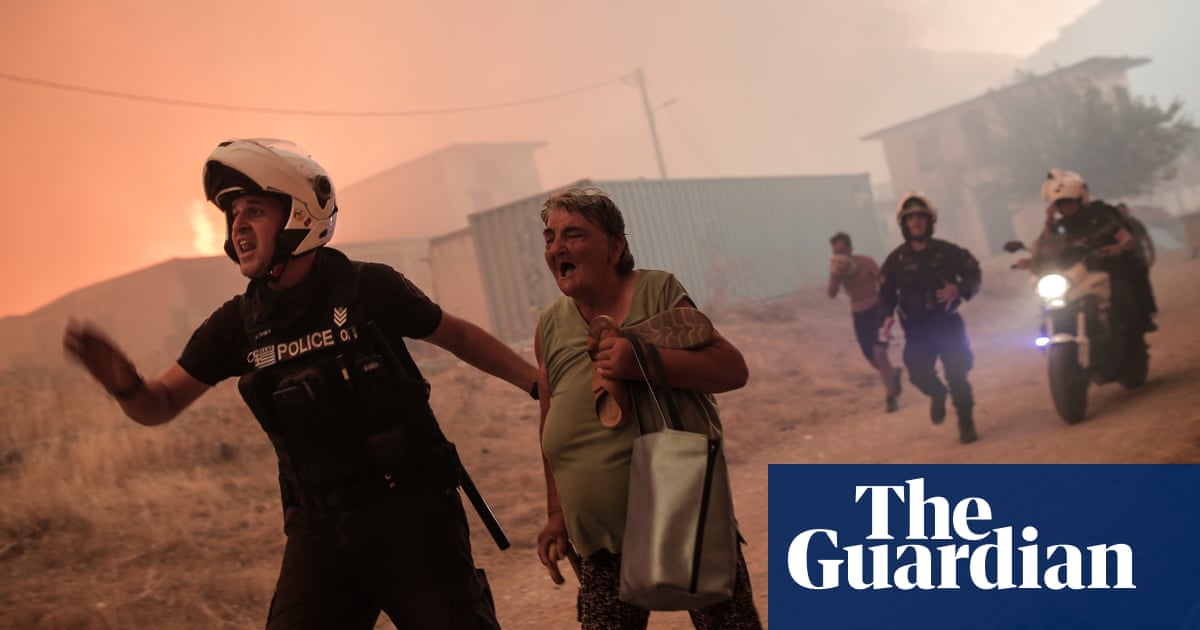
“We are living through climate collapse in real time,” the UN secretary-general, António Guterres, has told Cop28 delegates in Dubai.
He spoke at the launch of the World Meteorological Organization’s stark State of the Climate report, which said 2023 will be the hottest year ever recorded.
“This year has seen communities around the world pounded by fires, floods, and searing temperature – and the impact is devastating,” Guterres said. “Record global heating should send shivers down the spines of world leaders. And it should trigger them to act.”
The WMO report, timed to inform the negotiations at Cop28, said climate records had been shattered in 2023, leaving “a trail of devastation and despair”.
Data up to the end of October showed 2023 was about 1.4C (2.5F) above pre-industrial levels, driven by the continued rise in carbon emissions from fossil fuel burning and by the return of the El Niño climate pattern. The latter is likely to make 2024 another record year, and bring the internationally agreed limit of 1.5C (2.7F) ever nearer.
“Greenhouse gas levels are record high. Global temperatures are record high. Sea level rise is record high. Antarctic sea ice is record low. It’s a deafening cacophony of broken records,” said the WMO secretary-general, Prof Petteri Taalas.
“These are more than just statistics,” he said. “Extreme weather is destroying lives and livelihoods on a daily basis – underlining the imperative need to ensure that everyone is protected by early warning services. We cannot return to the climate of the 20th century, but we must act now to limit the risks of an increasingly inhospitable climate in this and coming centuries.”
Temperature records have been called “gobsmackingly bananas” this year. June, July, August, September and October 2023 all smashed previous records for those months, the WMO said.
Particularly startling has been the crash in the Antarctic sea ice extent. The maximum end-of-winter extent in 2023 was the lowest on record by far, 1m km2 less than the previous record low, an area bigger than France and Germany combined.
The WMO said extreme weather had a big impact on all continents. Flooding from the Mediterranean cyclone Daniel hit Greece, Bulgaria and Turkey, and killed thousands of people in Libya. Madagascar, Mozambique and Malawi suffered one of the world’s longest-lived tropical cyclones, named Freddy, in February and March, while tropical cyclone Mocha, in May, was one of the most intense ever observed in the Bay of Bengal.
Some of the worst extreme heat was felt in southern Europe and north Africa in July, where thermometers hit 48.2C in Italy and 50.4C in Morocco. Canada’s wildfire season burned an area more than six times greater than normal, also causing severe smoke pollution in the heavily populated areas of eastern Canada and the north-eastern US. The deadliest single wildfire of the year was in Hawaii, with at least 99 deaths reported – the deadliest wildfire in the US for more than 100 years.
Guterres had a clear message for the 198 countries negotiating at Cop28: “We have the roadmap to limit the rise in global temperature to 1.5C and avoid the worst of climate chaos. But we need leaders to fire the starting gun at Cop28 on a race to keep the 1.5C limit alive, by committing to triple renewables and double energy efficiency, and committing to phase out fossil fuels, with a clear timeframe aligned to the 1.5C limit.”
Earlier he had criticised a weaker phrase for ending fossil fuel use that is preferred by many countries producing coal, oil and gas: “I think it would be a pity if we [use] a vague and noncommittal ‘phase-down’, whose real meaning would not be obvious for anybody.”
Cop28: Can fossil fuel companies transition to clean energy?
On Tuesday 5 December, 8pm-9.15pm GMT, join Damian Carrington, Christiana Figueres, Tessa Khan and Mike Coffin for a livestreamed discussion on whether fossil fuel companies can transition to clean energy. Book tickets here or at theguardian.live




